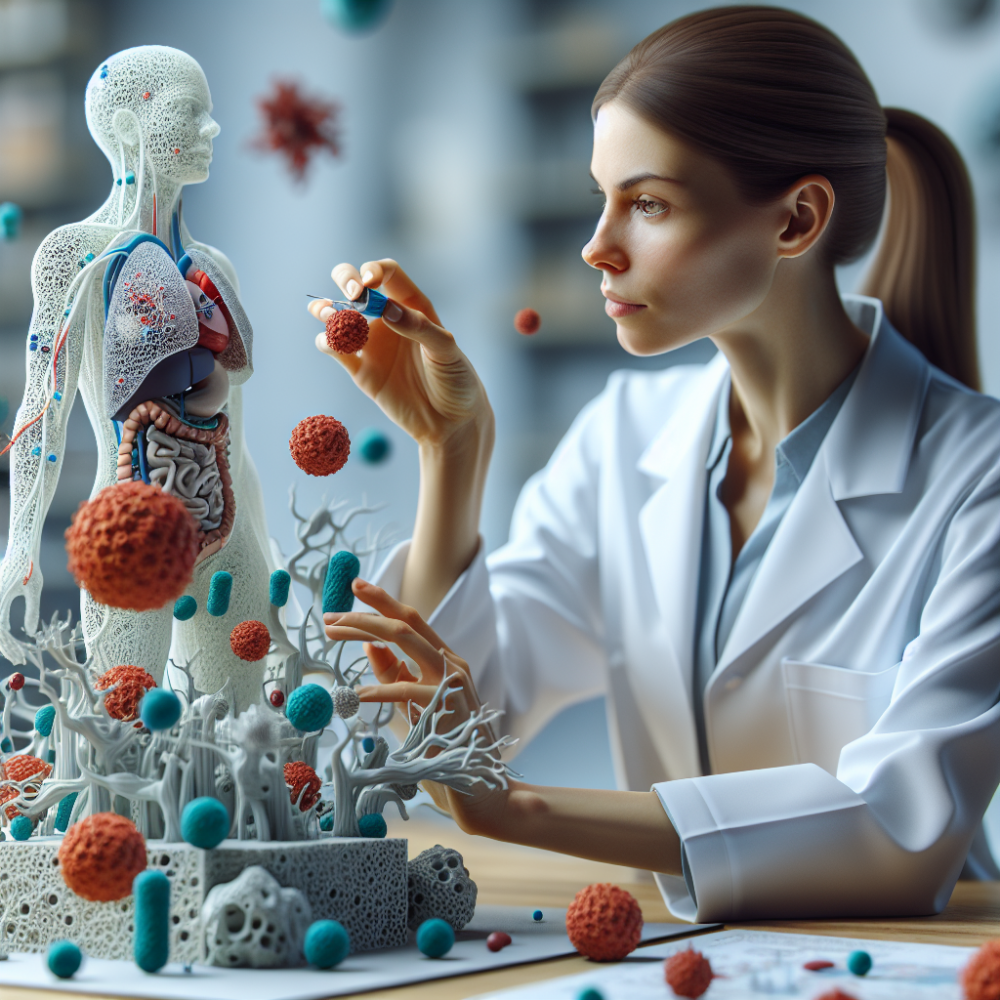Exploring the Body's Defense: A Guide to the Immune System

Posted on: Sunday, March 3rd, 2024
Immunity represents one of the most intricate and vital systems in the human body, safeguarding us against a plethora of pathogens such as bacteria, viruses, and parasites. Understanding the immune system's mechanisms is essential for both medical professionals and laypeople alike, as it underpins our ability to combat diseases and maintain health. Recent advancements in immunological studies have shed light on how our immune responses can be enhanced through vaccines, lifestyle adjustments, and novel therapeutic approaches. This guide distills the core principles and recent discoveries in immunology into an accessible format, aiming to foster a deeper appreciation and understanding of our internal defense mechanisms.
1. The Innate and Adaptive Immune Systems: The immune system operates on two levels - the innate, which is our first line of defense and acts quickly but non-specifically, and the adaptive, which is slower but highly specific to the pathogen it's fighting. Innovations in immunotherapy and vaccines are increasingly leveraging this distinction to improve treatment effectiveness.
2. Immune Memory: A hallmark of the adaptive immune system, immune memory, allows the body to remember past invaders and respond more swiftly and effectively upon re-exposure. This principle underlies the success of vaccines, including the cutting-edge mRNA vaccines for COVID-19, demonstrating the power of immune memory in preventing infectious diseases.
3. The Role of Antibodies: Antibodies are proteins produced by the immune system to neutralize pathogens. Recent research has focused on enhancing antibody responses through vaccination and therapeutic antibodies, which have become crucial tools in the fight against diseases like COVID-19 and various cancers.
4. The Gut Microbiome and Immunity: An emerging area of research highlights the significant influence of the gut microbiome on the immune system. Studies suggest that a healthy and diverse gut microbiome can strengthen the immune system, while dysbiosis can lead to immune dysregulation, underscoring the importance of diet and lifestyle in immune health.
5. Autoimmune Diseases: In some cases, the immune system mistakenly attacks the body's own cells, leading to autoimmune diseases. Modern immunological research aims to understand these mechanisms better in order to develop more specific and less harmful treatment options.
6. Immunosenescence: As we age, our immune systems gradually become less effective - a process known as immunosenescence. Recent studies are investigating ways to bolster the immune system in elderly populations to prevent infections and diseases more effectively.
7. Immunonutrition: Nutrition plays a crucial role in supporting the immune system. Certain nutrients, such as vitamins C and D, zinc, and omega-3 fatty acids, are known to enhance immune function, highlighting the need for a balanced diet to maintain optimal immune health.
8. Stress and the Immune System: Chronic stress has been shown to adversely affect the immune system, making the body more susceptible to infections. Understanding the impact of psychological stress on immune function is critical for developing strategies to mitigate its effects.
9. Immunotherapy: A rapidly advancing field, immunotherapy uses the body's own immune system to fight diseases, particularly cancer. By harnessing and enhancing the innate capabilities of the immune system, immunotherapy presents new avenues for cancer treatment and beyond.
10. Future Directions in Immunology: Current research in immunology is exploring the development of personalized vaccines, the potential of CRISPR technology in gene editing to correct immune dysfunctions, and the role of artificial intelligence in predicting immune responses. These advances promise to revolutionize our approach to disease prevention and treatment.